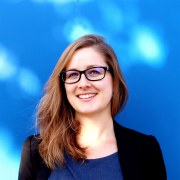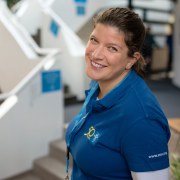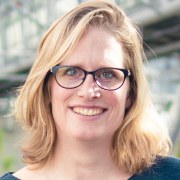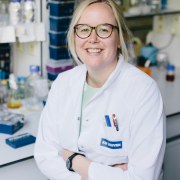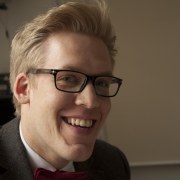Developing inquiry-based workshops for high-school students
Many science centres and out-of-school learning labs offer hands-on workshops for (high-school) students in addition to their interactive exhibitions.
A common challenge is to find the right balance between open inquiry and "cookbook" type experiments to maximise the lifetime of the equipment, the motivational outcome through self-directed learning, and the learning gain through cognitively engaging activities. At the same time, we want to keep the effort of tutors/workshop leaders at a reasonable level.
How can we find this balance? What makes a good (or bad) workshop? How do we know our workshop is good?
Participants to this whole-day workshop will have to get their hands dirty to find answers to these questions.
A detailed programme can be found here.
Facilitator
Science Gateway Education Lab Coordinator
Garching bei München
Germany
Session speakers
Assistant professor informal science education
Anne will provide a theoretical basis for thinking about and evaluating hands-on/inquiry-based activities in science centres. This will strengthen the exchange of good and bad practices with a more theoretical framework.
Postdoctoral researcher ETH Zurich
Hanne will provide a workshop example to analyse.
Vetenskapens Hus (House of Science)
Freddy will provide a workshop example to analyse.
Garching bei München
Germany
Wolfgang will provide a workshop example to analyse.
Science Gateway Education Lab Coordinator
Julia developed the hands-on learning laboratory S'Cool LAB at CERN, which currently offers 6 different inquiry-based particle physics workshops for high-school students (16-18y) from all around the world. Through hands-on experimentation students get insights into the physics and technology of the world's largest particle physics laboratory. Following predict-observe-explain tasks, students are confronted with common misconceptions about particle physics.
Participants will have the opportunity to experience and analyse one of S'Cool LAB's most popular workshops.

